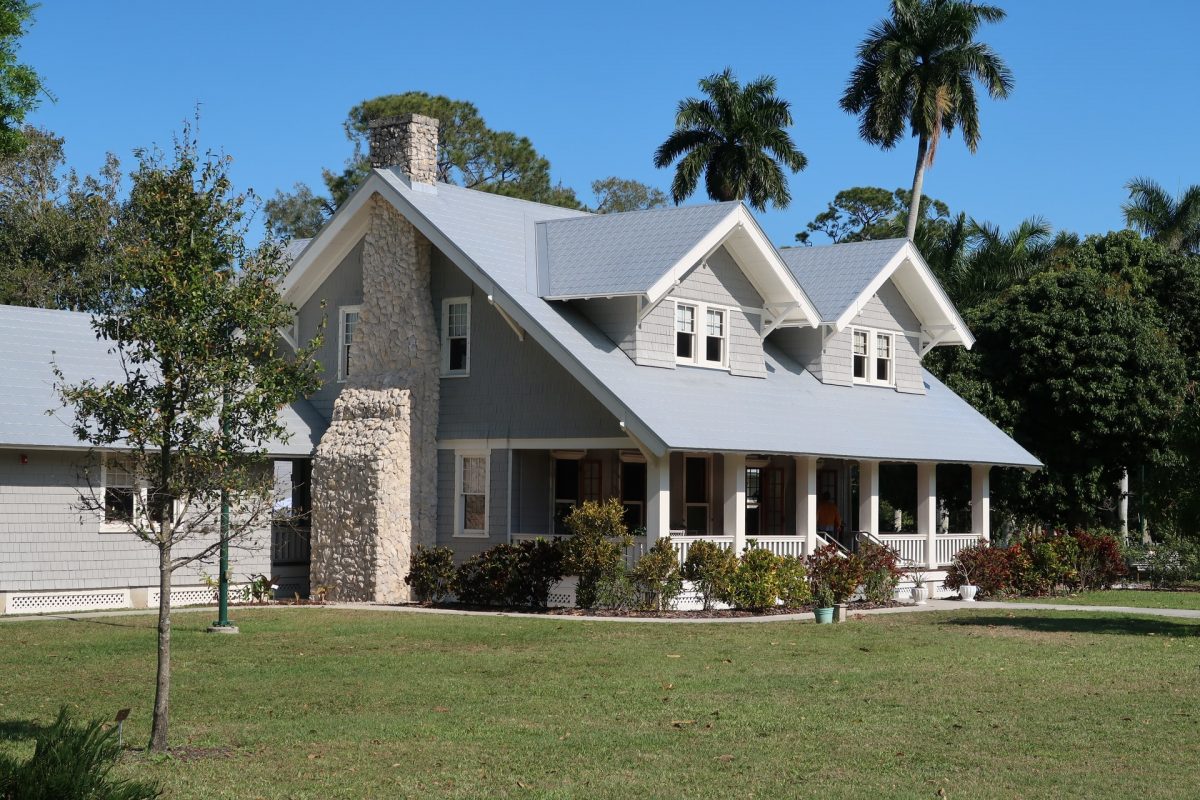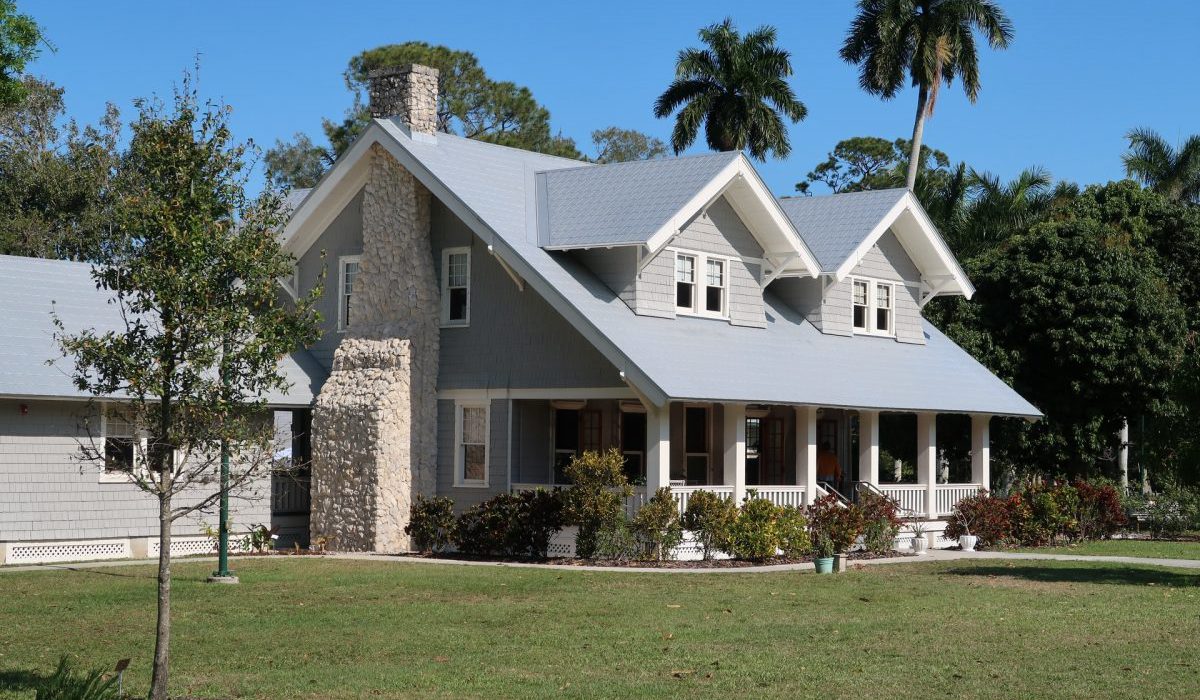
The real estate process requires many decisions, like which neighborhood to reside in and just how many bedrooms you'll need. But not every decision is simple or particularly fun to create, particularly when you are looking at how you are going to invest in your new home.
If you're like the majority of homebuyers, you're planning to take out a mortgage loan. Two of the most common types of home loan is Federal Housing Administration (FHA) loans and conventional loans. Based on your credit rating, income, and just how much cash you can put toward a down payment, one option may be more advantageous for you compared to other.
So, what's the distinction between a regular loan and an FHA loan? We’ve created this informative guide to help you understand the requirements, along with the pros and cons, of each.
What is a conventional loan?
A conventional loan is a home loan loan that is not backed by a government agency. You can get a conventional mortgage loan from a bank, or through a private lending company like Associates Mortgage loan.
Because conventional loans are not insured through the government like FHA loans, they've stricter requirements to be able to protect lenders. To be eligible for a a regular loan, you will need:
- A good credit score. Most conventional loans require a credit score with a minimum of 640, however, many lenders may require a score of 660 or even more.
- Low debt-to-income ratio. Banks and private lenders desire to be sure they're lending to someone they are able to trust to repay the loan. Having a low debt-to-income ratio (DTI), meaning you get a lot more than you pay in monthly debts (for example rent, car payments, and student loans), is usually required to be eligible for a a conventional loan. You can calculate your DTI utilizing an finance calculator tool.
- Private mortgage insurance. One benefit of conventional loans is that they require lower down payments than FHA loans-the minimum is simply 3% from the price of the house. However, if you do put down less than 20% on the mortgage, you will probably be asked to purchase private mortgage insurance (PMI). This protects the lender when the buyer defaults and it is no longer able to pay for the loan in the future.
Pros
- Lower rates of interest. Because rates of interest are in part based on your credit rating, buyers with high credit ratings who be eligible for a conventional loans are more likely to enjoy lower interest rates over time.
- Higher loan limits. Compared with FHA loans, a conventional home loan allows you to borrow more income to place toward a house. Non-conforming loans called jumbo loans allow buyers to gain access to as much as $2 million.
Cons
- It's harder to get approved. Conventional loans have stricter qualifying requirements than government-issue loans because they require private lenders and banks to defend myself against a great deal of risk. To ensure that lenders don't default on their home loans, they take extra measures to check your credit and credit history.
What is definitely an FHA loan?
An FHA loan is a type of home loan that's insured through the US Intended.
There's a common misconception that FHA loans are only for first-time homebuyers. While so 83% of people who get an FHA loan are, they are able to be also a good fit for established clients who cannot qualify for a regular loan as a result of previous foreclosure or sudden increase in debt.
To qualify for an FHA loan, you'll need:
- A DTI ratio below 43%. Your debt-to-income ratio must be below 43% to qualify for an FHA loan. However, FHA loans tend to be more flexible, and exceptions can be made for applicants with higher DTI ratios who also have high credit scores.
- Proof of employment. A steady earnings are necessary to repay financing, so borrowers must be in a position to provide evidence of employment.
- To purchase a primary residence. An FHA loan can only be employed to purchase a home you want to reside in as your primary residence. That means it can't be employed to purchase vacation homes near disney, investment properties, or a home you intend to flip and resell within 3 months.
Pros
- Easier to be eligible for a. With much more lenient credit requirements, FHA loans result in the imagine homeownership possible for clients who may otherwise be denied a regular loan.
- Low deposit. While a favorable credit record isn't a requirement of an FHA, it can benefit you be eligible for a a lesser deposit. In case your credit score is above 580, you only have to pay a minimum down payment of 3.5%.
Cons
- Limited housing options. FHA loans limit how much money you can spend on a home-in most areas, the limit is currently around $500,000, but it is dependent on living costs in an area. You are able to lookup your county's maximum FHA loan limit here.
- Higher insurance costs. All FHA borrowers be forced to pay a home loan insurance premium (MIP), which is put into your monthly mortgage repayments. An upfront MIP must also get paid during the closing process, which is equal to 1.75% of the loan amount.
Learn More About Your Home loan Options
Overall, the main difference between FHA loans and conventional loans is that FHA loans are specifically to assist first-time buyers and buyers with credit challenges afford a house.
However, even if you have bad credit, it's still easy to get a conventional loan with the right lender. At Associates Mortgage loan of Florida, our company specializes in mortgage solutions for buyers with poor credit, including hard money loans and subprime loans. To explore your potential lending options, contact our team of lending professionals.


